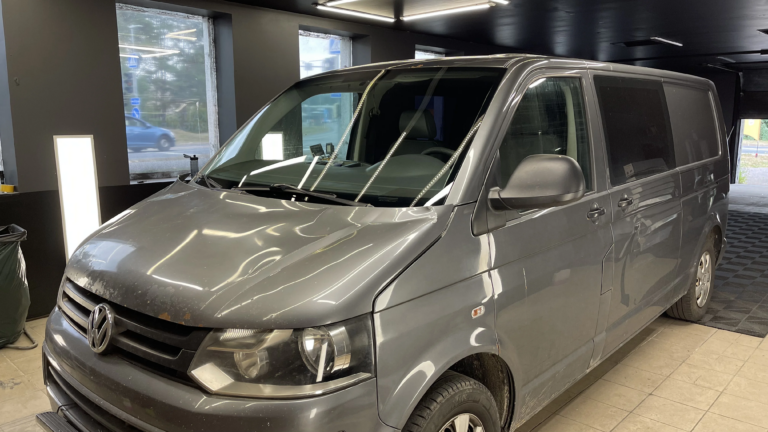Latest news for today in Ukraine
LOS ANGELES/CHICAGO (Reuters) – Amazon.com (AMZN.O) is launching a new fleet of bigger, boxier trucks like those favored by rival package carriers United Parcel Service Inc (UPS.N) and FedEx Corp (FDX.N), as it fights to fix widespread pandemic-fueled delivery delays that sent customers into the arms of competitors like Walmart Inc (WMT.N).
The world’s largest online retailer ordered more than 2,200 heavy-duty Utilimaster “walk-in” delivery trucks from Shyft Group SHYF.O, a Michigan-based specialty vehicle company, an Amazon spokeswoman told Reuters. The company declined to say how many of the vehicles have been sent to Amazon delivery contractors, or where they would be deployed.
Amazon is under pressure to make good on one- and two-day deliveries promised to customers who subscribe to its $119 annual Prime service. Orders for food, computers, toys and exercise equipment surged after states issued stay-at-home orders to battle the pandemic, overwhelming Amazon’s network and adding days and even weeks to delivery times.
Drivers assigned to the new trucks showed Reuters training materials from Wisconsin-based safety and compliance consultancy J.J. Keller & Associates, which confirmed that Amazon is a client. The Shyft Group did not respond to requests for comment.
One of the new Amazon trucks was seen recently operating in Chicago, according to a Reuters reporter. Training is under way in the Los Angeles area, drivers said.
While Amazon purchased the vehicles last year, the branded trucks have been parked for months in locations around the United States, including in Amazon lots in New Jersey and California dairy country. The company declined to state why it waited so long to roll out the new fleet.
Drivers familiar with the new vehicles said they can carry more and bigger packages than the Mercedes-Benz (DAIGn.DE), Fiat Chrysler (FCHA.MI), and Ford Motor Co (F.N) vans Amazon contractors dispatch around the country.
Two drivers, who declined to be named for fear of retaliation, opted not to switch to the new vehicles because they are heavier and more difficult to maneuver than Amazon vans.
Amazon came under fire last year for failing to properly train drivers who work for its fast-growing network of delivery partners. ProPublica, BuzzFeed and other news outlets published reports detailing Amazon van accidents that resulted in injuries and deaths.
Amazon suspended its upstart Amazon Shipping program for non-Amazon packages in June to prioritize deliveries to its own customers.
Amazon declined to say whether the new fleet would be used to restart that service, which competes directly with UPS and FedEx.
Source:www.reuters.com



